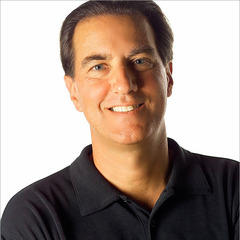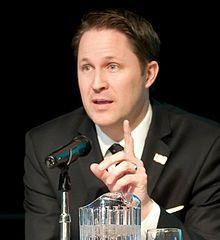Waste Quotes - Page 28
What's the point of having weak enemies? They just waste your time.
Steven Brust (2010). “Iorich”, p.191, Macmillan
Our time here is brief, our risk enormous. Don't waste the one or increase the other, if you please.
Stephen King, Michael Whelan (2004). “The Dark Tower VII: The Dark Tower”, p.208, Simon and Schuster
Stephen King (2000). “On Writing: A Memoir of the Craft”, p.215, Simon and Schuster
We have to immediately stop using the oceans as a dumping ground for our urban and industrial waste.
Sean O'Casey (1975). “The Letters of Sean O'Casey: 1942-54”, Simon & Schuster Books For Young Readers
Don't waste time blaming yourself when you can spend time planning how to destroy our enemies.
Sarah Rees Brennan (2014). “Unmade (The Lynburn Legacy Book 3)”, p.120, Random House Books for Young Readers
Sandra Steingraber (2012). “Having Faith: An Ecologist's Journey to Motherhood”, p.136, Da Capo Press
Sandra Steingraber (2010). “Living Downstream: An Ecologist's Personal Investigation of Cancer and the Environment”, p.69, Da Capo Press
He who attempts to do all will waste his life in doing little.
Samuel Johnson, William Page (1860). “Life and Writings”, p.272
Wasting a fortune is evaporation by a thousand imperceptible means.
Samuel Johnson (1798). “Dr. Johnson's Table Talk: Containing Aphorisms on Literature, Life, and Manners; with Anecdotes of Distinguished Persons, Selected and Arranged from Dr. Boswell's Life of Johnson”, p.119
Samuel Johnson, Arthur Murphy, Francis Pearson Walesby (1825). “The Works of Samuel Johnson, LL.D..: The Rambler”, p.304
Life, however short, is made still shorter by waste of time.
Samuel Johnson (1804). “The beauties of Samuel Johnson: maxims and observations. To which are now added, biographical anecdotes of the doctor, his life [&c.].”, p.254
I have nothing but wastes and wilds of self-translation before me for many miserable months to come.
Samuel Beckett, Alan Schneider, Maurice Harmon (1998). “No Author Better Served: The Correspondence of Samuel Beckett & Alan Schneider”, p.14, Harvard University Press







